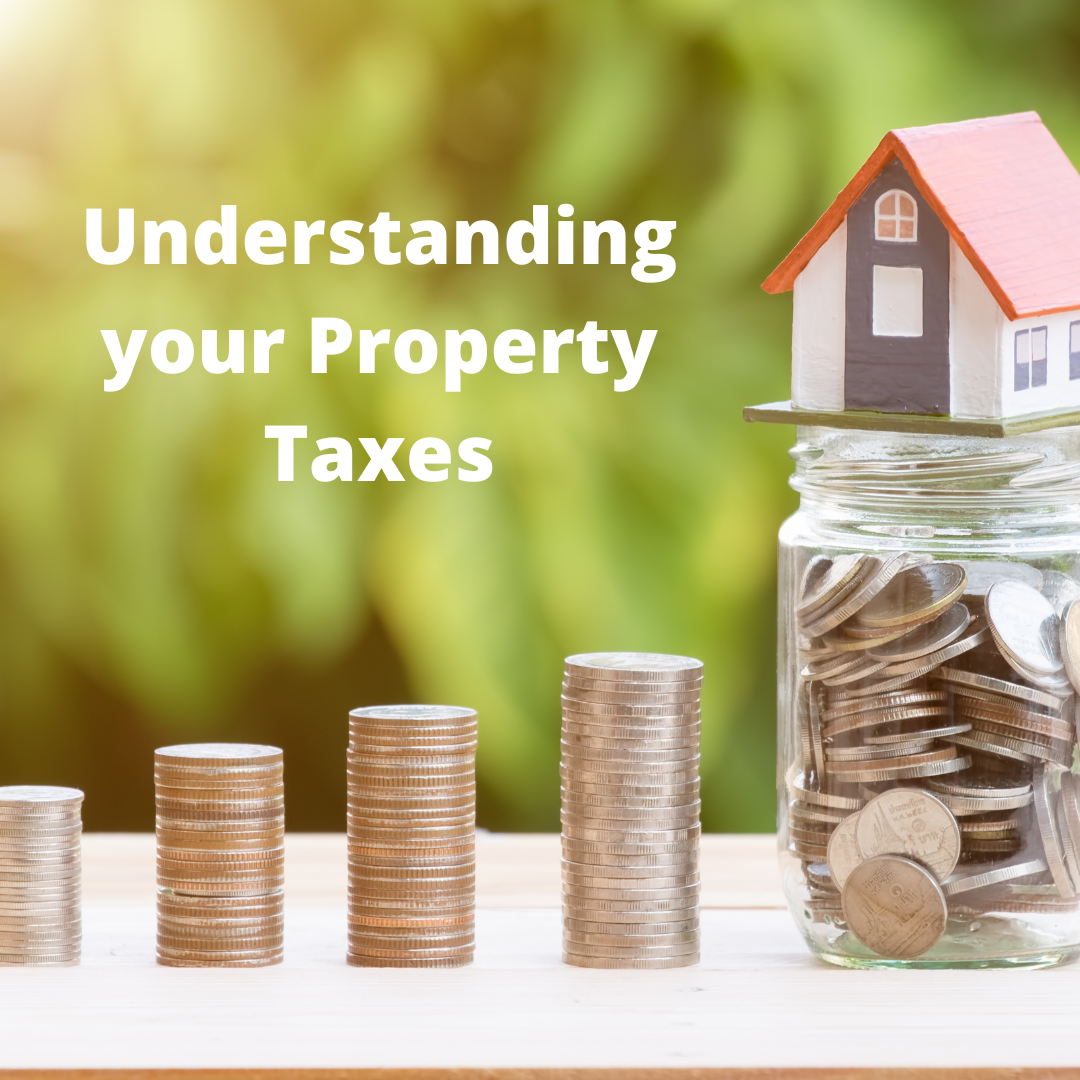When purchasing property in Texas, be prepared to pay property taxes every year. Since Texas doesn’t have a state income tax (one of only SEVEN states), property taxes are used to support the community, including the community’s infrastructure (roads, public transportation, bridges, etc.), public schools, police, firefighters, and more. For a quick overview, read on for answers to some questions that may help you understand more about your property taxes.
How are property taxes calculated? Property taxes are calculated by using the property’s taxable value and multiplying that by the current tax rate. A property taxable value is set by the county appraiser after January 1, considering any exemptions (more on this later). Once the value has been established, notices are mailed to property owners in the early spring with the current value.
What is the tax rate? Texas does not have a state property tax, so the tax rates are set at the local level. Entities that may impose taxes include county, public schools, city, Municipal Utility Districts (MUD), community college, road districts, and more. Tax rates are established based on the entity’s budget and are set in the fall.
What are exemptions? In Texas, you can file a homestead exemption after January 1st on your primary residence, which will reduce total tax liability. Other exemptions are available for seniors over the age of 65 and those that are disabled (check with your county appraisal website for more information).
When are property taxes due? Tax bills are usually mailed during the last quarter of the year and are due upon receipt. You can pay your tax bill up to January 31 and will not receive a penalty or be charged interest. If you are escrowing your property taxes, your mortgage lender will pay them on your behalf. If you do not escrow, it is up to you to pay the bill.
If you purchase new construction during the year, it may be possible that the lender is not collecting enough taxes. If the tax value was only based on the raw land and now it has a home on it, the total value would be increased. It is a good idea to have a savings backup in case your property taxes exceed what you escrow.
You can learn more about your property taxes by checking out the site: www.knowyourtaxes.org.
You can also check out the TEXAS COMPTROLLER’S WEBSITE and your county tax appraisal website for more information.

 Facebook
Facebook
 X
X
 Pinterest
Pinterest
 Copy Link
Copy Link


